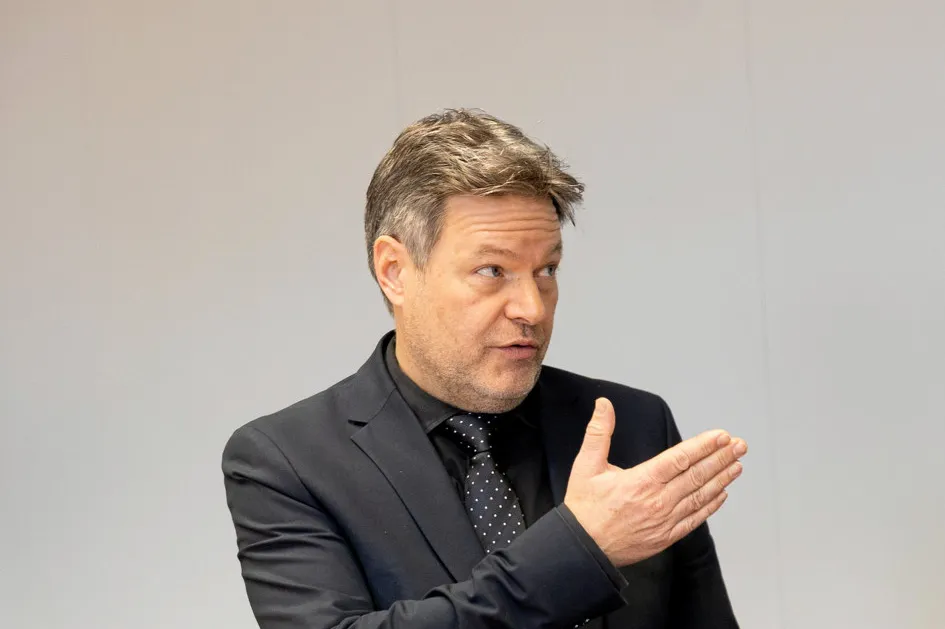Germany 'on track to install 10GW of onshore wind': energy minister
Latest auctions show Europe's biggest economy can install targeted annual volume in coming years, Robert Habeck claims

After a series of successful tenders with increasing volumes, Germany is “on track to install 10GW of onshore wind” as targeted, the country’s climate and energy minister Robert Habeck said.
Speaking at the opening of the WindEnergy Hamburg exposition and conference, Habeck said Europe’s largest economy was “in a valley of no installations” but the expansion of wind on land now is advancing “better than ever hoped”.
“When I became minister, I announced that our plan is to install 10GW [just in] onshore each year. And I tell you that this year we will reach these 10GW in auctions,” the minister told an audience of wind energy executives and politicians at the opening.
“So, after two years of hard work, we are on track. It is possible to install 10GW of onshore wind in Germany, and it is going to happen in the next years.”
Habeck’s optimism came despite German developers having installed less than 1GW of net onshore wind capacity during the first half of this year. But that low volume was still a result of a years-long lull in onshore wind activity and undersubscribed auctions, mainly due to torturously slow permitting.
The current government of Chancellor Olaf Scholz – with Green Party minister Habeck in charge of energy – since taking office in late 2022 has enacted a flurry of laws to speed up the energy transition, including by giving wind power projects the status of being in the ‘overriding public interest’.
The minister cautioned, however, that the expected 10GW expansion will only happen “if we do not once again make the capital mistake of changing everything.”
Habeck added that “for the first time in German energy history, the political side has done its job”, while now bottlenecks to the energy transition are shifting to the “practical side”.
“Now it's about transportation, manufacturing, installation. Now the bottleneck might be transformers, cables and workers doing the job.”
(Copyright)